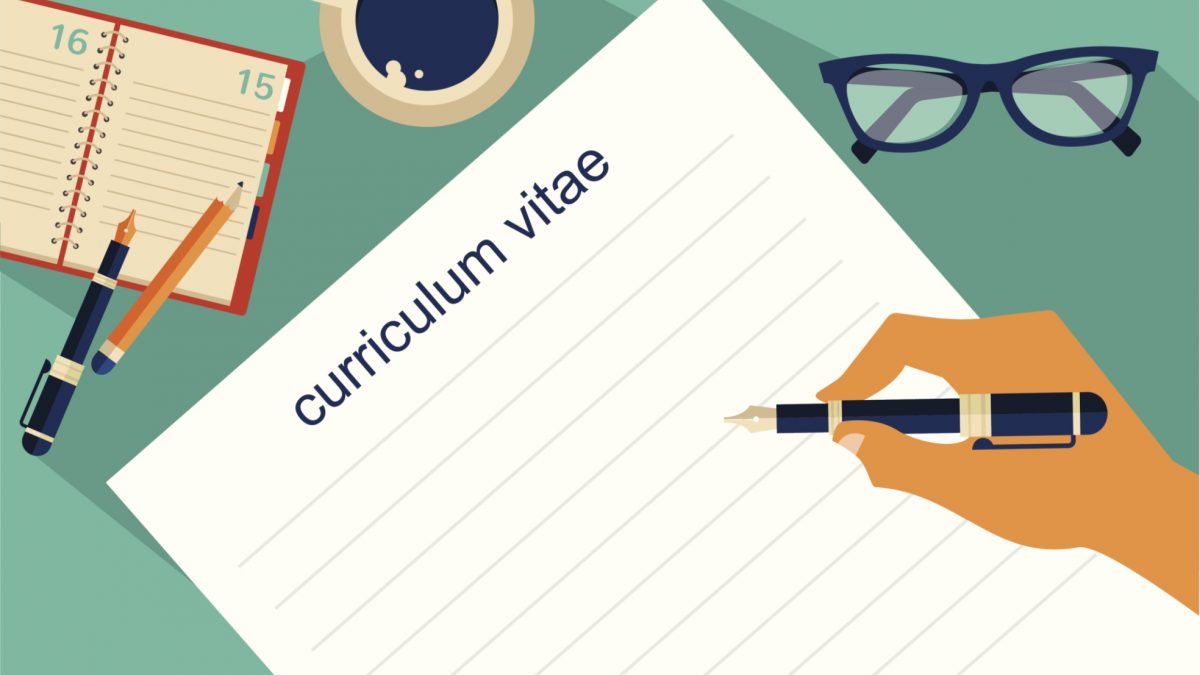
Must-Have Digital Skills for the Modern Law Student
April 19, 2025
Law Student Analysis of Key News Stories: Labour says goodbye to NHS England
April 19, 2025As a law student, building a strong CV is essential for securing internships, training contracts, or even your first full-time job post-graduation. A well-crafted CV not only highlights your academic achievements but also demonstrates your commitment to the legal profession and your ability to apply your learning in practical situations.
Academic Achievements
Your academic qualifications form the backbone of your CV, so it’s important to ensure that they are presented clearly and effectively.
- Grades: Make sure to list your grades (or predicted grades if applicable) for each module or course you complete. If your grades are high, don’t hesitate to highlight this, but remember that employers value a well-rounded CV, not just academic success.
- Awards and Scholarships: If you’ve received any academic awards, scholarships, or prizes, include these in your CV. These recognitions show that you’ve gone above and beyond in your studies and are capable of excelling under pressure.
- Relevance to Your Specialisation: If you’ve studied particular areas of law that you wish to pursue as a career, ensure these are highlighted. For instance, if you’re interested in commercial law, listing related modules like corporate governance or financial law will help demonstrate your commitment and knowledge in this area.
Gain Practical Experience through Internships and Placements
Employers in the legal field place significant emphasis on practical experience, and internships or work placements are invaluable for building a strong CV.
- Summer Internships: Many law firms and legal organisations offer summer internships or vacation schemes, often aimed at penultimate-year students. Even if you don’t secure a position with a prestigious firm, look for opportunities with smaller firms, NGOs, or in-house legal departments to gain practical exposure.
- Pro Bono Work: Many law schools offer pro bono opportunities where students can provide legal assistance to individuals who cannot afford legal representation. These experiences not only help you apply your legal knowledge but also provide an excellent talking point for your CV and interviews.
- Clinical Placements: Some universities have legal clinics where students can represent clients under the supervision of qualified professionals. This type of experience is highly regarded by employers as it shows you’ve interacted with real clients and handled real legal issues.
Get Involved in Mooting, Debating, and Other Legal Competitions
Involvement in extracurricular activities like mooting, debating, or negotiation competitions demonstrates your ability to think critically, present arguments persuasively, and handle high-pressure situations, all crucial skills for a legal career.
- Mooting: Mooting is the closest simulation of court proceedings that law students can engage in. By participating in mooting competitions, you showcase your legal research skills, public speaking ability, and knowledge of legal principles.
- Debating Societies: Active participation in debating societies helps you develop essential skills such as public speaking, constructing coherent arguments, and engaging with opposing viewpoints, all of which are highly valuable in the legal field.
- Negotiation Competitions: Law schools often offer negotiation competitions where students take on the role of lawyers in mock negotiations. Success in such competitions can show your potential in alternative dispute resolution (ADR), a field of law that is growing in importance.
Volunteer for Legal and Non-Legal Roles
Volunteering provides an opportunity to demonstrate your commitment to social responsibility and can help you gain transferable skills that will set you apart from other candidates.
- Legal Volunteering: Look for opportunities to volunteer with organisations such as Citizens Advice Bureau, legal aid clinics, or law centres. These experiences can give you insight into areas of law such as social justice, housing, and employment law, while developing your client management and legal writing skills.
- Non-Legal Volunteering: Volunteering outside of the legal field can also enhance your CV. Roles that require leadership, teamwork, or organisational skills, such as organising charity events or managing a student society, can demonstrate your initiative and ability to work under pressure, qualities that legal employers value.
Tailor Your CV for Each Application
A one-size-fits-all approach does not work when it comes to CVs in the legal field. Tailoring your CV to each application helps you highlight the most relevant experience and skills for the specific role or firm you’re applying to.
- Research the Employer: Before applying, make sure you research the law firm, company, or organisation. Understand their core values, practice areas, and culture, and adapt your CV to align with what they’re looking for. For example, if you’re applying to a firm that specialises in commercial law, emphasise any commercial law-related experience or modules you’ve completed.
- Emphasise Relevant Skills: Different roles require different skill sets. If you’re applying for a legal role, emphasise your legal research, writing, and analytical skills. For client-facing roles, highlight your communication, teamwork, and interpersonal skills.
Keep Your CV Concise and Well-Formatted
Your CV should be easy to read, concise, and no more than two pages long. Use clear headings, bullet points, and consistent formatting throughout.
- Contact Information: At the top of your CV, ensure that your contact information is up to date, including your professional email address and LinkedIn profile (if applicable).
- Structure: Start with your education, followed by your work experience (legal and non-legal), skills, and any relevant extracurricular activities. Avoid including irrelevant details, and be mindful of grammar and spelling.
With these tips, your journey to building an impressive legal CV will be broken down into actionable, gradual steps that will improve your personal and professional development.
Article written by Inaya, final year LLB student





